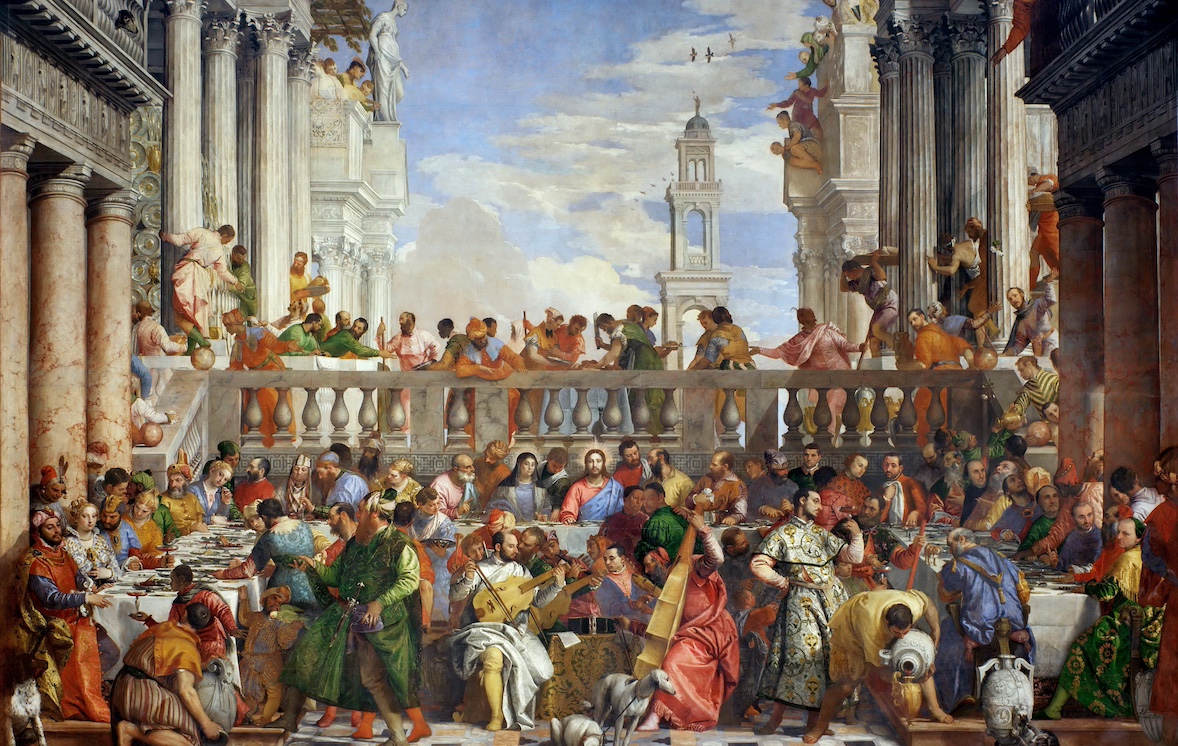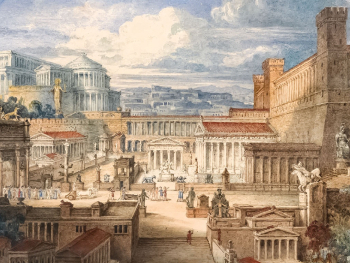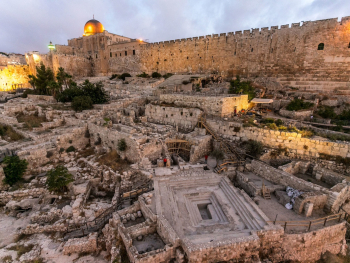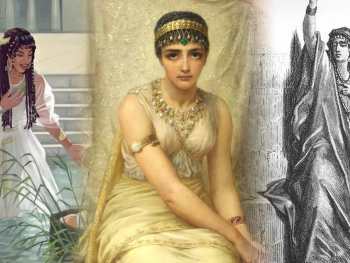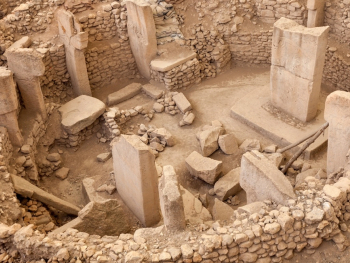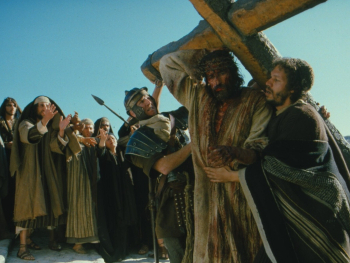The biblical feasts and festivals hold a central place in the religious and cultural life of ancient Israel. These sacred occasions, ordained by God and commemorated by the Jewish people, served as reminders of God's faithfulness, provision, and covenant relationship with His chosen people. In this article, we will delve into the rich tapestry of biblical feasts and festivals, exploring their origins, significance, and enduring relevance in both ancient and modern times.
The Three Pilgrimage Festivals:
The biblical calendar is punctuated by three major pilgrimage festivals, during which the people of Israel were commanded to journey to the central sanctuary in Jerusalem to offer sacrifices and participate in communal worship. These festivals are Passover (Pesach), Pentecost (Shavuot), and Tabernacles (Sukkot).
Passover:
Passover commemorates the miraculous deliverance of the Israelites from slavery in Egypt, as described in the book of Exodus. The central ritual of Passover is the Passover Seder, a ceremonial meal that retells the story of the Exodus through symbolic foods and prayers. Passover is celebrated in the spring, usually in the month of Nisan.
Pentecost:
Pentecost, also known as the Feast of Weeks, marks the culmination of the grain harvest and the giving of the Torah at Mount Sinai. It is celebrated fifty days after Passover and is characterized by the offering of the first fruits of the harvest and special communal sacrifices. Pentecost is also associated with the outpouring of the Holy Spirit, as described in the book of Acts.
Tabernacles:
Tabernacles, or Sukkot, is a seven-day festival that commemorates the Israelites' journey through the wilderness and the dwelling of God among His people. During Tabernacles, Jews build temporary shelters called sukkot and gather to rejoice, sing, and offer thanksgiving to God for His provision. It is celebrated in the fall, usually in the month of Tishrei.
Other Biblical Festivals:
In addition to the three pilgrimage festivals, the biblical calendar includes several other sacred occasions, such as the Feast of Trumpets (Rosh Hashanah), the Day of Atonement (Yom Kippur), and the Feast of Dedication (Hanukkah). Each festival has its own unique rituals, traditions, and theological significance, reflecting different aspects of Israel's relationship with God.
The Modern Relevance of Biblical Festivals:
While the biblical feasts and festivals originated in ancient times, they continue to hold significance for Jewish communities around the world today. These sacred occasions serve as opportunities for spiritual renewal, community bonding, and the transmission of cultural heritage from one generation to the next.
Biblical feasts and festivals are more than mere rituals; they are windows into the collective memory and identity of the Jewish people. Through these sacred occasions, believers connect with their shared history, reaffirm their covenant relationship with God, and anticipate the fulfillment of His promises in the future. As we explore the ancient traditions of biblical feasts and festivals, may we gain a deeper appreciation for the richness of Jewish heritage and the enduring relevance of God's redemptive plan for humanity.
